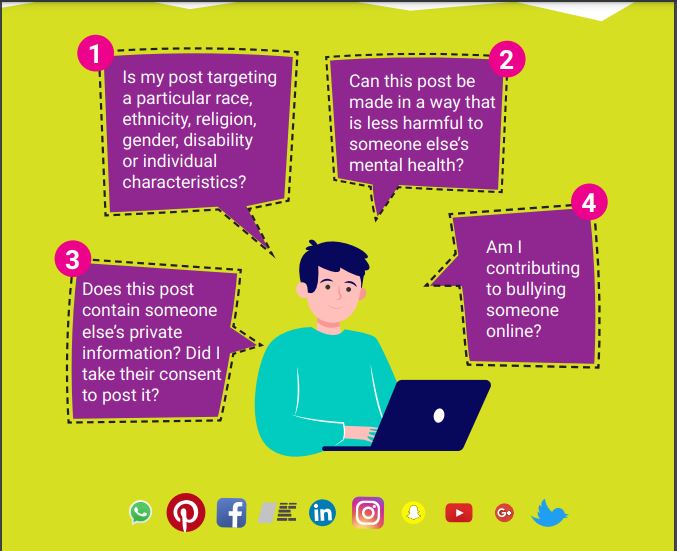Digital Rights Foundation launches curriculum on online safety
Online Safety of Young Adults Curriculum aims to help young people understand how the online world operates

Digital Rights Foundation in collaboration with Friedrich Naumann Foundation for Freedom (FNF) launched the ‘Young Adults Curriculum' to educate society on online safety.
Online Safety of Young Adults Curriculum has been authored by Shmyla Khan, Muhammad Usman and Seerat Khan. It has been edited by Maryam Saeed, Nighat Dad. The cirriculum aims to help students and young people develop a better understanding of how the online world operates.
The internet has become one of the most important aspects of our daily lives and has transformed the digital ecosystem of Pakistan. According to Pakistan Telecommunication Authority (PTA) Internet usage has increased by 15 per cent as the country adjusts to life under lockdown amid the coronavirus outbreak. Yet, there is limited awareness about cyber security.
Pakistan's internet use increases by 15% amid coronavirus lockdown
The main topics covered in the Curriculum are wellresearched areas and concepts, which are still being developed across the globe and hope to inform Pakistani youth about digital literacy and rights.

PHOTO: Digital Rights Foundation
In Pakistan, there have been incidents where men have attacked women for using the internet in ways that much of the rest of the world considers normal, such as publishing photos of themselves on a Facebook page. as we continue to shift to a world largely functioning on technology, more and more children are spending time online. Many can hardly imagine a life with a social networking and gaming etc.
Online activity along with it's uncountable benefits has exposed children to dangers lurking on the internet; of abusive images being circulated, of predators, harrassment and bullying.
6 in 10 women face restrictions when accessing internet in Pakistan
Hence the curriculum provides information about important subjects such as cyber bullying, consent, and data protection. It also offers young adults legal guidelines in case they are targets of online harassment.
As Pakistani students transitioned to online classes due to coronavirus, the gulf between access to internet in urban and rural areas became more apparent. The Curriculum also focuses on disparities in online spaces and access to technology
Further, the curriculum also educates young adults about ‘freedom of expression’ a topic widely misunderstood. In Pakistan freedom of expression is guaranteed by Article 19 of the Constitution.13.
There are certain limits on the freedom of expression, both online and offline. Under the Prevention of Electronic Crimes Act 2016, online speech is subject to restrictions in terms of prohibited criminal acts (such as hate speech, impersonation, spoofing, defamation, and cyber-terrorism.


















COMMENTS
Comments are moderated and generally will be posted if they are on-topic and not abusive.
For more information, please see our Comments FAQ